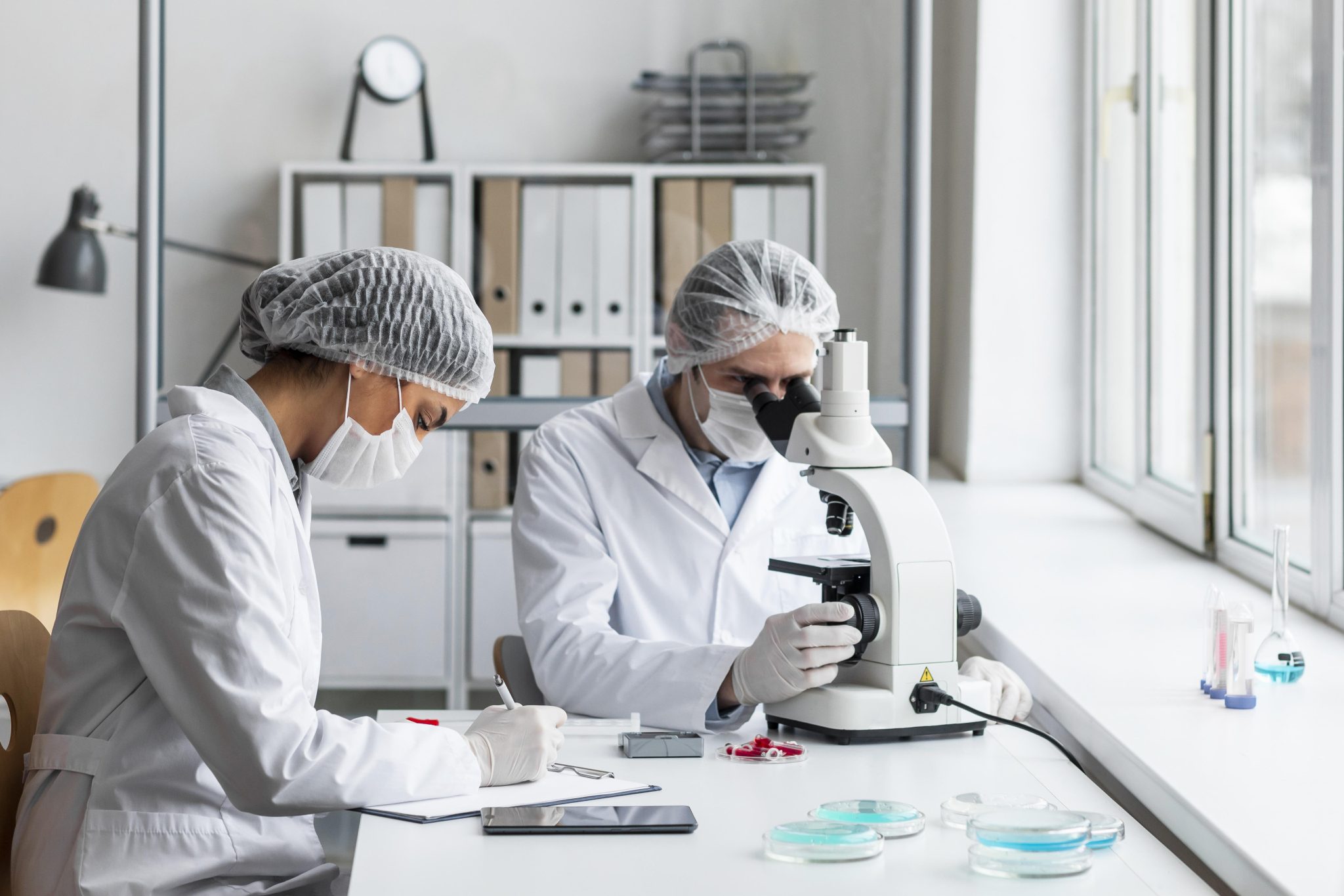Support for Healthcare Professionals
Working together to improve patient care and increase awareness of these rare cancers to achieve an earlier diagnosis, access to best care and treatments, and ultimately to improve the patient experience, and outcomes.
Select the image to learn more.
What is Neuroendocrine Cancer?
Practical guides tailored for healthcare professionals to support patient identification.
Supporting your Patients
Learn more about financial support for your patient and explore our range of support materials to order and give to your patients.
Mental Health Support for your Patients
Practical communication tips to support conversations about your patients’ mental health.
Professional Development Courses
View courses on neuroendocrine cancer diagnosis, treatment, and management.
Get involved
We take our responsibility to provide accurate and appropriate information and support to patients and all within our neuroendocrine cancer community very seriously – we are here to work alongside the people who contact us, our community, and our expert healthcare colleagues across the UK.
We are very grateful for the generous time given, support, and input from our Clinical Expert Advisory Team, Neuroendocrine Cancer UK ambassadors, Trustee Board (which includes healthcare professionals), and our patron Professor Martyn Caplin.
If you would like to get involved – in information development, educational events, advocacy initiatives, or share best practices, research/study plans and/or results – contact us here.
We are Proud Members
We are proud members of Cancer52, International Cancer Alliance (INCA) , European Patient Advocacy Group (EPAG) for European Reference Networks (ERNs) for Rare Endocrine Cancers ( EURACAN), UK & Ireland Neuroendocrine Tumour Society (UKINETs), European Neuroendocrine Tumour Society (ENETs) , European Society of Endocrinology (ECE) & European Society of Medical Oncology (ESMO).
And Professionally Collaborate with fellow patient organisations:
- Neuroendocrine Cancer UK and AMEND joint venture supports adrenocortical cancer patients through ACC Support UK.
- Neuroendocrine Cancer UK and Maggie’s Centres joint venture supports anyone affected by Neuroendocrine Cancer through part of our Natter initiative.
- Neuroendocrine Cancer UK is an active member of Cancer52 , an organisation that works alongside CRUK and PHE to influence national cancer strategies and service provision.







